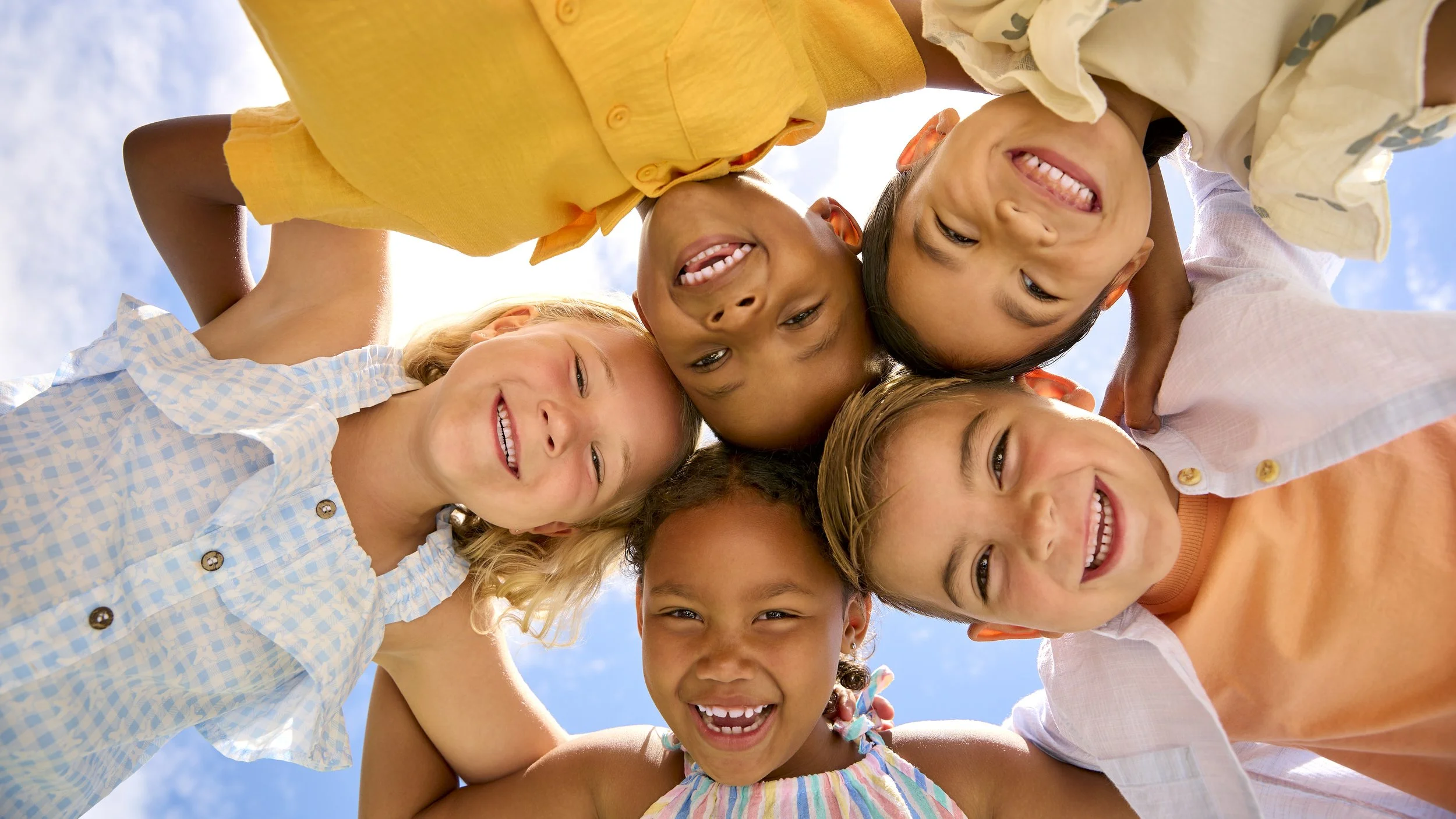The STAR Project
Why do some children regulate their emotions, thoughts, and behaviors more effectively than others?
The School Transition and Academic Readiness (STAR) project is a 3-wave longitudinal study examining early familial, cognitive, emotional, and physiological predictors of children’s self-regulation and early school adjustment.
Design
Children and their primary caregivers participated in lab visits when children were 4, 5, and 6 years of age. Children completed emotional, cognitive, and physiological (EKG, EEG) assessments. Parent-child interactions were observed in the lab. Parents and teachers completed questionnaires about a wide range of child behaviors.
Status
Data collection has been completed. Students joining the SEED lab can have opportunities to publish new papers using the STAR project's data.
Funding
National Institute of Child Health and Human Development (NICHD; see grant R01HD071957)
Example papers from this study
Zeytinoglu, S., Calkins, S. D., Swingler, M. M., & Leerkes, E. M. (2017). Pathways from maternal effortful control to child self-regulation: The role of maternal emotional support. Journal of Family Psychology, 31, 170-180. PDF
Zeytinoglu, S., Calkins, S. D., & Leerkes, E. M. (2022). Autonomic profiles and self‐regulation outcomes in early childhood. Developmental Science, 25, e13215. PDF
Dunbar, A., Zeytinoglu, S., & Leerkes, E. M. (2022). When is suppression of Black children’s negative emotions adaptive? The role of preparation for bias and children’s resting cardiac vagal tone. Research on Child and Adolescent Psychopathology. PDF
Peters, A., Zeytinoglu, S., Leerkes, E. M., & Isbell, E. (2023). Component-specific developmental trajectories of ERP indices of cognitive control in early childhood. Developmental Cognitive Neuroscience, 64, 101319. PDF

